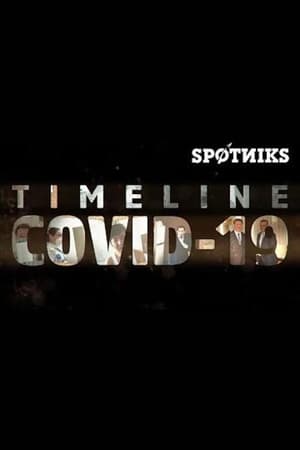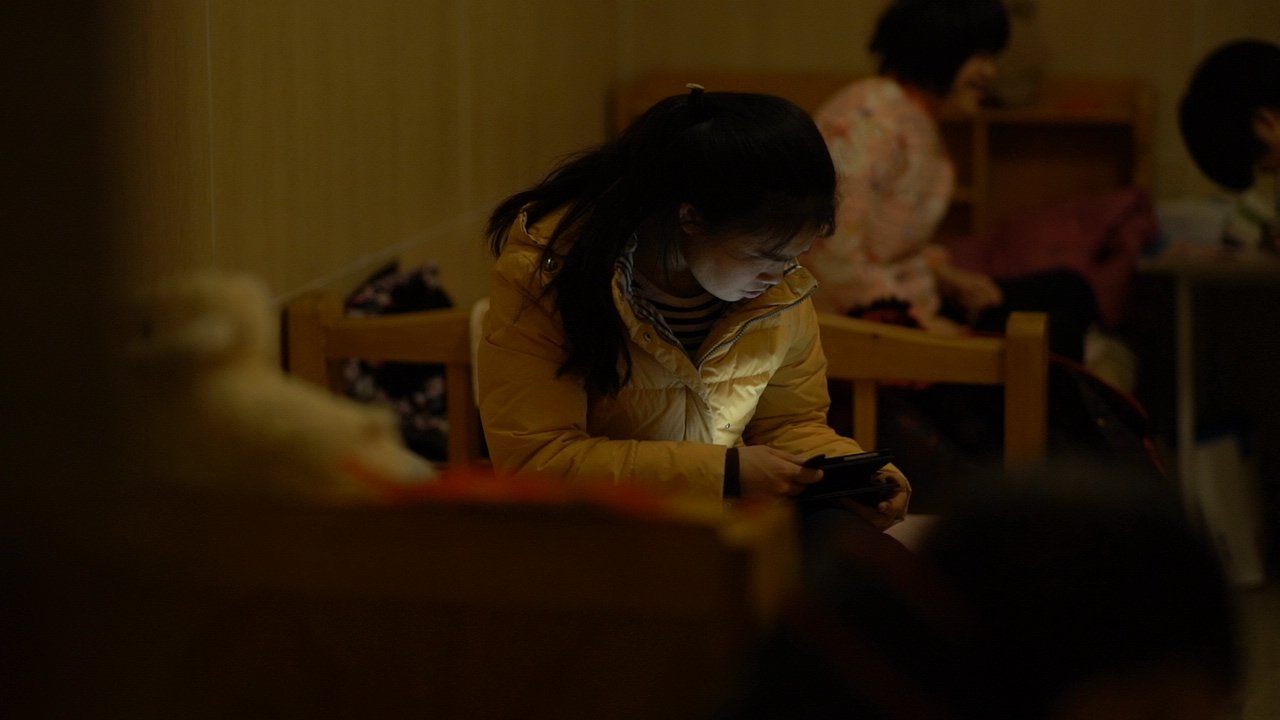
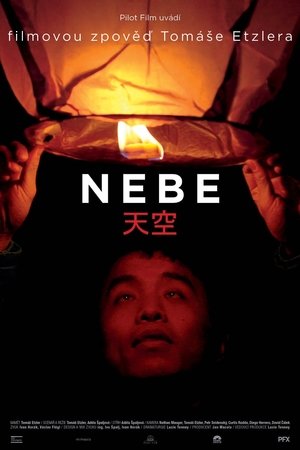
Heaven(2021)
Tomáš Etzler worked for seven years as a foreign correspondent in China. He came to know a country that was developing at an admirably fast pace, was swayed by its energy, and for a moment believed that modernity could bring about political change as well. Before long, it dawned on him that many people would continue to be severely punished, and the regime would still keep most of the nation in a state of indecision and ignorance. Without neglecting that face of China today, Etzler chose to tell a story of hope in his personal documentary. Using the example of an orphanage for disabled children, he shows that the answer to collectivist brutality and ruthlessness can be mutual assistance, tolerance and empathy.

Movie: Heaven

Nebe
HomePage
Overview
Tomáš Etzler worked for seven years as a foreign correspondent in China. He came to know a country that was developing at an admirably fast pace, was swayed by its energy, and for a moment believed that modernity could bring about political change as well. Before long, it dawned on him that many people would continue to be severely punished, and the regime would still keep most of the nation in a state of indecision and ignorance. Without neglecting that face of China today, Etzler chose to tell a story of hope in his personal documentary. Using the example of an orphanage for disabled children, he shows that the answer to collectivist brutality and ruthlessness can be mutual assistance, tolerance and empathy.
Release Date
2021-06-14
Average
0
Rating:
0.0 startsTagline
Genres
Languages:
ČeskýKeywords
Similar Movies
 0.0
0.0Into the Island(zh)
Into the Island is the first chapter of Groundwork, a three-part film and exhibition series exploring the conceptual development and field research of contemporary architects cultivating alternative modes of engagement with new project sites.
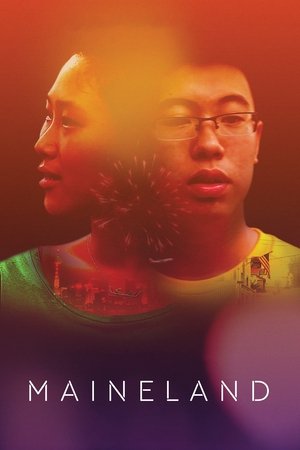 4.6
4.6Maineland(en)
Chinese teenagers from the wealthy elite, with big American dreams, settle into a boarding school in small-town Maine. As their fuzzy visions of the American dream slowly gain more clarity, their relationship to home takes on a poignant new aspect.
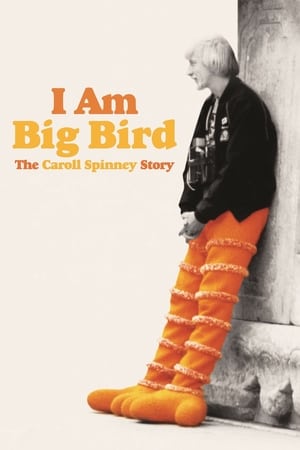 7.4
7.4I Am Big Bird: The Caroll Spinney Story(en)
A documentary about Caroll Spinney who has been Sesame Street's Big Bird and Oscar the Grouch since 1969. At 78-years-old, he has no intention of stopping.
 3.0
3.0Pathway(zh)
Xu Xin’s film “Dao Lu” (China 2012) offers an exclusive “in camera” encounter with Zheng Yan, an 83 year-old veteran of the Chinese Red Army, who calmly relates how he has navigated his country’s turbulent history over three-quarters of a century.Born to a wealthy family in a foreign concession, Yan joined the Chinese Communist Party (CCP) in 1941 because he sincerely believed in the socialist project, and in its immediate capacity to free China from the Japanese yoke and eradicate deep-rooted corruption.
 7.0
7.010 Questions for the Dalai Lama(en)
How do you reconcile a commitment to non-violence when faced with violence? Why do the poor often seem happier than the rich? Must a society lose its traditions in order to move into the future? These are some of the questions posed to His Holiness the Dalai Lama by filmmaker and explorer Rick Ray. Ray examines some of the fundamental questions of our time by weaving together observations from his own journeys throughout India and the Middle East, and the wisdom of an extraordinary spiritual leader. This is his story, as told and filmed by Rick Ray during a private visit to his monastery in Dharamsala, India over the course of several months. Also included is rare historical footage as well as footage supplied by individuals who at great personal risk, filmed with hidden cameras within Tibet.
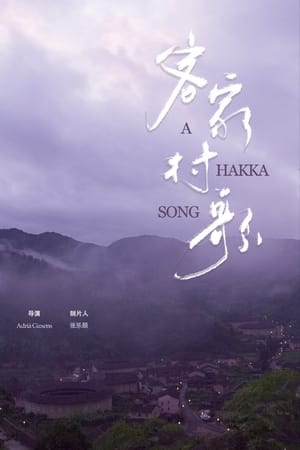 0.0
0.0A Hakka Song(zh)
A song is heard in the distance. It comes from the Hekeng village, famous for its ancient earthen buildings, also called tulou. It is where the last original Hakka families live amidst the exodus of those looking for a more modern environment. Among them there is Zhang Zhouyin, an elderly man concerned about the state of the village's temple; or her daughter-in-law, Wei Yi, who spends her entire day guiding tourists through these awe-inspiring houses. And then there’s young Zhang Weibo, her son, who manages to find joy even in the simplest of things... Hekeng: a place frozen in time whose songs have endured for centuries.
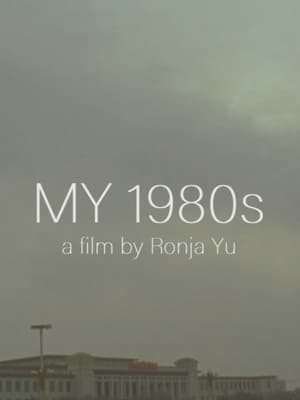 7.0
7.0My 1980's(zh)
Highlights the rebellious young generation of artists in China fighting for political emancipation, artistic freedom and creating a cultural golden age during the 1980s - a significant decade of transformational change. Interweaving six main characters' memories with the director's personal narration, the film embarks on an emotional journey and tells a story of being passionate and idealistic before dreams are dashed to pieces.
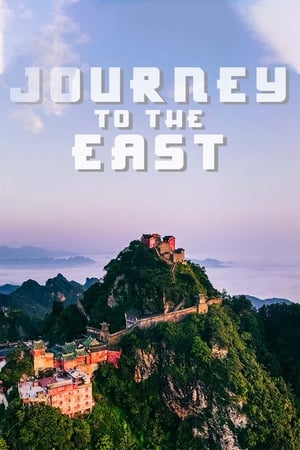 0.0
0.0Journey to the East(en)
Could our mounting modern problems have ancient solutions? Travel to the depths of China to find out.
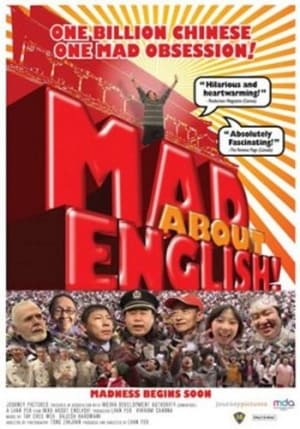 0.0
0.0Mad About English!(en)
The amazing story of 1,000,000,000 people and their MAD MAD MAD rush to learn English! China 's love affair with the English language has reached feverish proportions. With half a million or more visitors descending on Beijing for the Games, can the Chinese pull it off with their newly-acquired English? Mad About English! follows the inspiring and heart-warming efforts of a city preparing to host the world by learning a once-forbidden tongue.
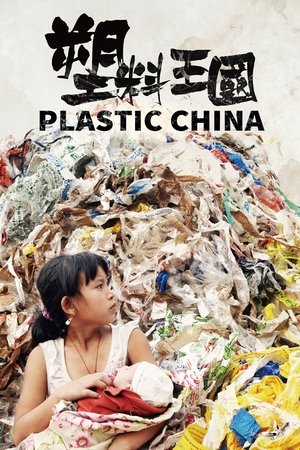 6.9
6.9Plastic China(zh)
This film tells a story about an unschooled 11-year-old girl Yi-Jie, she's a truly global child who learns the world through the United Nations of Wastes while working with her YI minority parents in this recycle workshop thousand miles away from their mountain village home town
The Pharmacy: Shanghai(fr)
Joris Ivens and wife Marceline Loridan took their cameras into Pharmacy No. 3 in Shanghai, which in addition to dispensing drugs manages an outreach program of medical services, an extension of the pharmacy’s in-house medical care center.
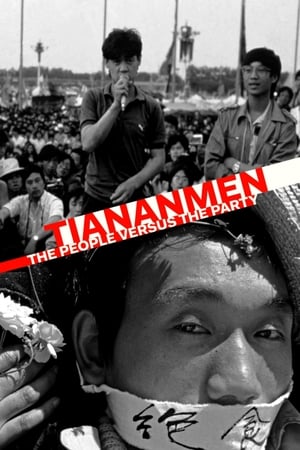 8.0
8.0Tiananmen: The People Versus the Party(en)
The true story of the seven weeks that changed China forever. On June 4, 1989, pro-democracy demonstrations were violently and bloodily repressed. Thousands of people died, but the basis for China's future was definitely planted.
 7.0
7.0Rebellion(en)
As the 'one country two systems' policy in Hong Kong has slowly eroded, resentment among the territory's citizens has steadily grown. What began as a series of spontaneous protests against an extradition law in March 2019 has now escalated in to a full-blown popular uprising that shows no signs of abating. ABC Four Corners reports from the frontline of the action, capturing extraordinary footage of the growing tension and violence.
 0.0
0.0Visions Cinema: Film as a Way of Life: Hong Kong Cinema - A Report by Tony Rayns(en)
Examines the early 1980s Hong Kong filmmaking community. Tony Rayns interviews some of the new generation of filmmakers and figures from the wider film culture.
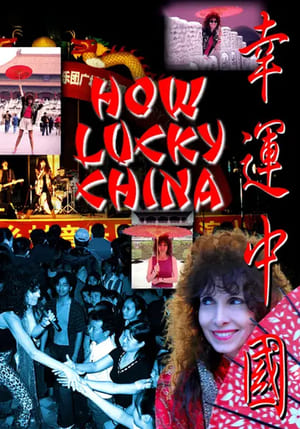 0.0
0.0How Lucky China(en)
Follows Long Island’s Mary Lamont Band on their groundbreaking 23,000-mile tour in six cities and provinces across mainland China in 2002.
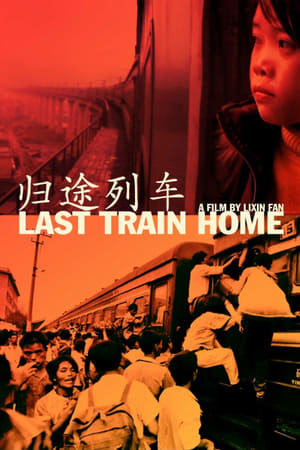 7.4
7.4Last Train Home(zh)
A family embarks on an annual tormenting journey along with 130 million other peasant workers to reunite with their distant family, and to revive their love and dignity as China soars as the world's next super power.
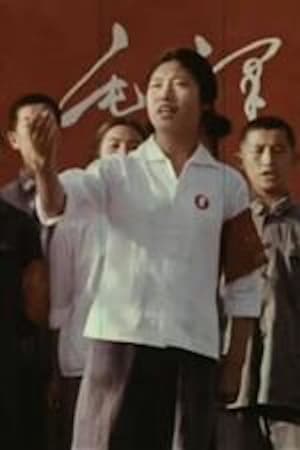 0.0
0.0Mao: Seize the Day, Seize the Hour(en)
Mao Zedong was not only a revolutionary leader and thinker, he was also a poet. In poems written in the classic calligraphic tradition he expresses his experiences and visions. In this film, 8 of Mao's poems are sung, recited and interpreted: 'Changsha' (1925), 'Jinggang Mountains' (1928), 'The Long March' (1935), 'Snow' (1936), 'The People's Liberation Army Captures Nanjing' (1949), 'Swimming' (1956), 'Reply to Comrade Guo Moruo' (1961) and 'Reascending Jinggang Mountains' (1965). Through these poems we get a picture of the Chinese revolution from its first beginning in 1921 until the Cultural Revolution. The poems of Mao Zedong have been published in more than 57 million copies
Red Guards after The Cultural Revolution(da)
Red Guards were a student movement supported by Mao Zedong in 1966-67 during the Cultural Revolution. A group of students at Qinghua University who issued 2 big-character posters in May-June 1966 called themselves Red Guards. The students criticised the university administration of elitism and bourgeois tendencies. In August 1966 Mao Zedong expressed support for the Red Guards. This gave the student movement political legitimacy and it spread outside Beijing. The Red Guards started to attack the Four Olds and marched across China to eradicate old ideas, old cultures, old customs and old habits. Ultimately the struggle between different Red Guard factions led to a chaotic civil-war-like situation. During 1967-68 the Peoples Liberation Army got the movement under control and restored social order. Beginning late 1968 members of the Red Guard movement were sent to the countryside to undergo re-education. We met and filmed them in August 1971.
